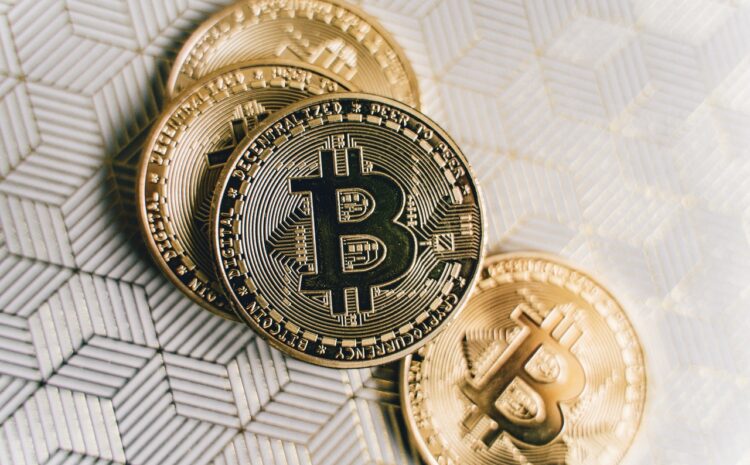CrowdFlat tokens is a system for tokenizing property in the European Union, that retains all legal rights and protections provided by traditional ownership of real estate. This system is structured around
CrowdFlat Ltd. (“CrowdFlat”). The Series functions as an intermediary between a token-owning individual and a piece of real estate property.
Ownership of the Tokens is tokenized to unique BEP-20 tokens on the Binance Smart Chain blockchain, each of which represents an equity ownership interest in one of the independent series of the CrowdFlat Ltd and, thus, in the real estate property owned by the Series. Ownership of any or all of the CrowdFlat tokens gives an indirect ownership interest in the property directly owned by the series of CrowdFlat Ltd.
Through the use of BSC’s IPFS (Interplanetary File System), which CrowdFlat expects to implement in the future, all necessary documents that prove ownership of the real estate by token holders can be accessible at any time, by anyone, from anywhere.
Real Estate
The growth and development of the real estate industry is interwoven with the progress of humankind itself. When hunter-gatherers abandoned their nomadic lifestyle, and took to settling in permanent dwellings, the real estate industry, concepts of home ownership, and personal property were established. With the settling of humans, and the turn towards agriculture and farming, the size of the human population exploded. Physical space is finite, however, and the supply of valuable property is limited. Demand for superior real estate property has always been increasing.
As the human population surpasses 7.5 Billion, the value of real estate property has increased commensurately. The new supply of high-value property has never been able to keep up with demand. Properties that give access to resources, have a superior view, located in a comfortable climate, near areas of commerce and social centers, or exhibit other valuable characteristics, are highly limited and increasingly sought after.
Few commodities have the same value proposition as real estate. It can be argued that real estate is the one form of value that has intrinsic properties. Gold, paper money, internet ledgers all have perceived value; value attributed based on the belief that others will accept it as equally valuable. Other commodities like those produced through agriculture have intrinsic value, in that they are required by humans for survival, but act as a poor store-of-value, as they often decompose relatively quickly.
Real estate, on the other hand, has been the single best store-of-value throughout human history. While money has changed its form many times, real estate has stayed the same. The explosion of the population of humans has made investment into real estate extremely enticing. Shelter is a human necessity, and there is finite space on planet Earth. The demand for, and scarcity of, real estate has made this industry the single most valuable industry in the world: $162 Trillion; roughly 30% of the total world’s wealth (as of April, 2017 according to Savillis).
Real Estate Illiquidity
Illiquidity is the state of an asset that cannot easily be sold or exchanged for cash, without a substantial loss in value. Illiquid assets are difficult to sell quickly, because of a lack of ready and willing buyers to purchase the asset. The lack of potential buyers leads to a larger discrepancy in the bid-ask spread between buyers and sellers, which often forces the purchaser into a “long-term hold” investment strategy for the asset.
Liquidity is valued. Liquid assets offer protection from risk in the event of a liquidity crisis. During a liquidity crisis, an insolvent investor who owns illiquid assets must sell its assets, no matter the price, in order to come up with enough cash to pay off debts. In the event that someone needs access to cash, illiquid investments offer little to no help. The 20%-30% reduction in value of the most illiquid assets cited above can be represented by the potential cost of not having access to cash when needed. Real estate is known to be one of the most illiquid asset types.
Liquidity Through Tokenization
The most significant benefit that tokenization can bring to real estate is improved levels of liquidity. The characteristics that make public blockchains so revolutionary all contribute to improving the liquidity of assets. Permissionless global access, asset fractionalization, instant settlement, and peer-to-peer transactions all play symbiotic roles in benefiting the liquidity of assets. These same characteristics are similarly real estate’s biggest weakness, all contributing to the restriction of access to real estate to mainly two populations: well capitalized investors, and homeowners.
CrowdFlat Tokens
CrowdFlat tokens are effectively digital limited liability company membership interests. Each CrowdFlat token represents a limited liability company membership interest in CrowdFlat Ltd and, thus an equal ownership interest in properties owned by CrowdFlat Ltd. For CrowdFlat Ltd, there will be a limited number of CrowdFlat security tokens contained inside the CrowdFlat contract that is unique to each owned property.
